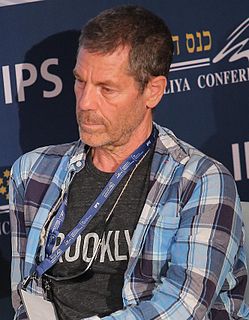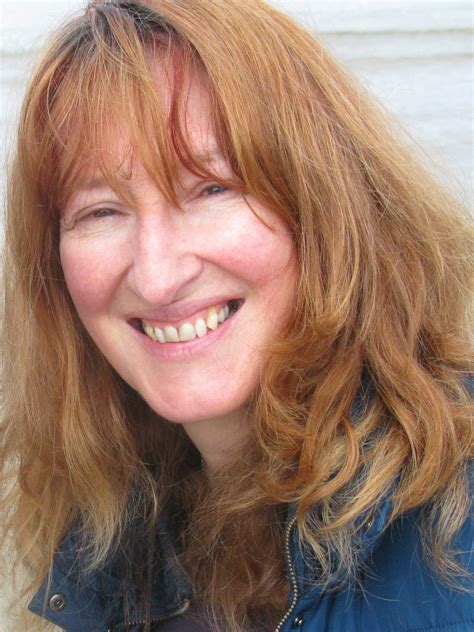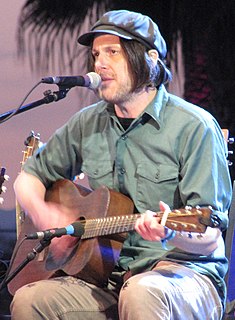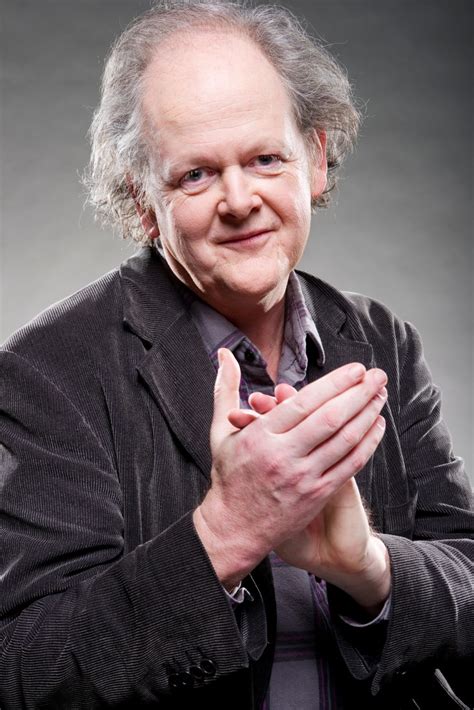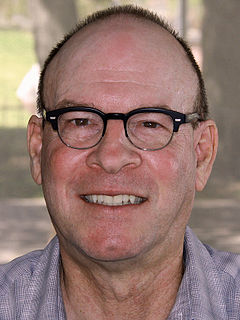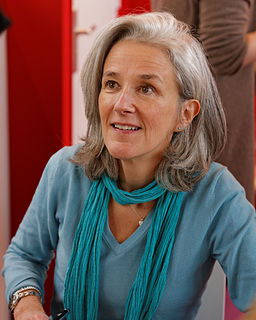A Quote by Doris Lessing
In the writing process, the more the story cooks, the better. The brain works for you even when you are at rest. I find dreams particularly useful. I myself think a great deal before I go to sleep and the details sometimes unfold in the dream.
Related Quotes
Perhaps if there is anything remotely interesting about my writing style, it is this: more often than not I have no idea what the story is going to be about. Sometimes I have a fuzzy vision, or a glimpse of one scene, or a character. But mostly all I have is a random first sentence, and I follow it to see where it might go. For me, writing is the process of discovery, of gradually figuring out what happens in the story and how it ends, that makes writing an interesting process for me.
I try to see what the dream might be referring to - because the information in the world is being interpreted by my brain which only has the concepts derived from our five senses. So I think of the sequences in my dream as my brain doing its very best to process information in a way it knows I can deal with.
Everybody dreams, but memory for dreams is famously elusive. Even Sigmund Freud, without the benefit of modern technology's electroencephalogram, or EEG, did not know that adult humans dream 90 minutes per night, and that newborns spend eight hours per day dreaming (out of their 16 hours of sleep). REM sleep helps grow the brain!
A dream inspiring a story is different than placing a description of a dream in a story. When you describe a character's dream, it has to be sharper than reality in some way, and more meaningful. It has to somehow speak to plot, character, and all the rest. If you're writing something fantastical, it can be a really deadly choice because your story already has elements that can seem dreamlike.
I didn't know how story worked. So, when writing the screenplay, people introduced me to the science of it. And I'm grateful. I'll probably use that information for the rest of my career, in terms of writing novels or writing stories. And then, of course, to help me live a better story, a more meaningful story
When I was a kid, I'd go to the African-American section in the bookstore, and I'd try and find African-American people I hadn't read before. So in that sense the category was useful to me. But it's not useful to me as I write. I don't sit down to write an African-American zombie story or an African-American story about elevators. I'm writing a story about elevators which happens to talk about race in different ways. Or I'm writing a zombie novel which doesn't have that much to do with being black in America. That novel is really about survival.
Like a lot of us, sometimes I'm preaching to the choir, and sometimes my voice doesn't even get heard at all. Sometimes I think that what I'm writing now might not even have an impact for the next three or four generations. Sometimes I sit there and write, and I think, "It'll be two hundred years before they get what I'm writing about."
It's a complicated process being so bilingual. Sometimes it's a mere word or sentence that comes to me, if I'm writing the book in English, in French. It's not always easy to deal with. Sometimes even during an interview somebody can ask me a question in English that I want to answer in French and vice versa - that's the story of my life!

